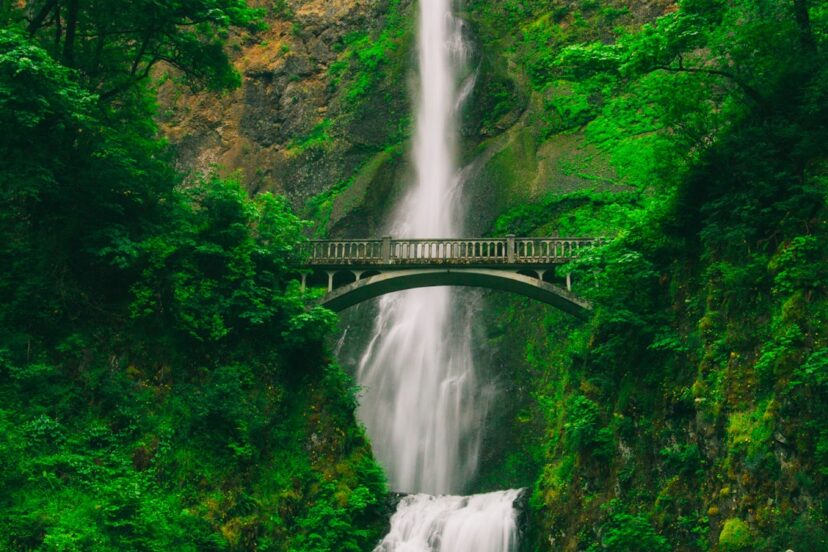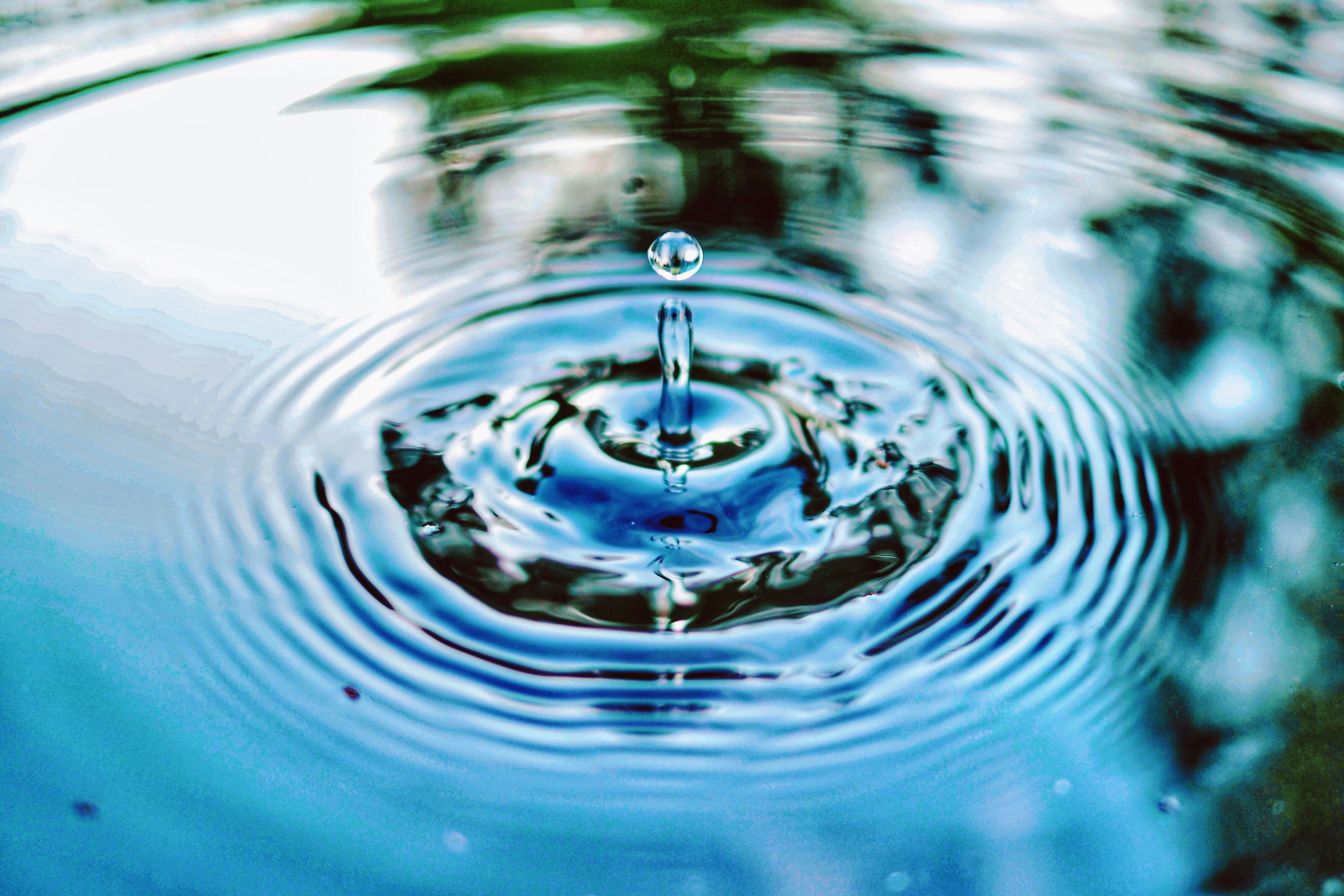What Is The Importance Of Water Quality In Brewing? – How Can Water Affect The Taste Of Coffee?
If you’re a coffee lover like me, then you already know that a good cup of coffee is all about the taste. But have you ever stopped to consider how the quality of the water you use can actually affect the flavor of your brew? In this article, we’ll be taking a closer look at the importance of water quality in brewing and exploring just how much of an impact it can have on the taste of your coffee. So grab your favorite mug, sit back, and let’s dive into the fascinating world of water and coffee. By the end, you’ll have a whole new appreciation for the role that this humble H2O plays in your daily caffeine fix.
Page Contents
Understanding Water Quality in Brewing
The Role of Water in Coffee Brewing
When it comes to brewing coffee, we often focus on the beans, the grind size, or the brewing method. But one crucial factor that is often overlooked is the quality of water used in the brewing process. Water plays a fundamental role in coffee brewing, affecting not only the taste but also the aroma and overall quality of the final cup. Understanding the importance of water quality in brewing is essential for every coffee enthusiast.
Your Perfect Brew Awaits with Our Premium Coffee Beans
Indulge in the rich, aromatic experience of our carefully selected coffee beans, sourced from the finest estates. Each bean is roasted to perfection, ensuring a smooth, full-bodied flavor that will awaken your senses and elevate your coffee moments.
Discover the difference quality makes - try our premium coffee beans today and elevate your coffee experience to new heights!
The Importance of Water Purity
Pure water is the foundation of a great cup of coffee. The presence of impurities, such as chemicals, minerals, or contaminants, can significantly impact the flavor and aroma of the coffee. Water with high levels of impurities can introduce unwanted tastes and odors, overpowering the natural flavors of the coffee. Therefore, ensuring the purity of water is vital to achieving a clean and balanced taste in your brew.
The Impact of Chemicals and Minerals in Water
Chemicals and minerals commonly found in water can drastically alter the taste of coffee. Chlorine and chloramines, which are commonly used as disinfectants in tap water, can leave a harsh chemical taste in the coffee if not properly removed. Additionally, the presence of minerals, such as calcium and magnesium, can lead to water hardness, impacting the extraction process and altering the overall flavor profile of the coffee.
Water Characteristics That Affect Coffee Taste
Hardness and Softness of Water
Water hardness refers to the mineral content in water, primarily calcium and magnesium. Hard water can make it challenging to extract the desired flavors from the coffee, resulting in a dull or bitter taste. On the other hand, soft water, which has lower mineral content, can lead to a more acidic and bright cup of coffee. Balancing the hardness and softness of water is crucial in achieving a well-rounded flavor.
pH Level in Water
The pH level of water also plays a vital role in coffee brewing. The ideal pH range for water used in coffee brewing is between 6.5 and 7.5. If the water is too acidic (low pH), it can result in a sour-tasting coffee. Conversely, if the water is too alkaline (high pH), it can lead to a bitter or flat taste. Maintaining the appropriate pH level in water is essential for achieving a balanced and enjoyable cup of coffee.
Total Dissolved Solids (TDS)
Total Dissolved Solids (TDS) refers to the concentration of minerals and other dissolved substances in water. TDS can affect the mouthfeel and body of the coffee. Water with higher TDS can extract more flavors, resulting in a fuller-bodied coffee, while water with lower TDS can produce a lighter-bodied brew. Finding the optimal TDS range for your desired coffee taste is crucial in achieving the desired flavor profile.
Chlorine and Chloramines in Water
Chlorine and chloramines are commonly present in tap water due to the disinfection process. However, these chemicals can impart undesirable flavors in the coffee. Removing chlorine and chloramines from water is necessary to prevent any off-flavors and ensure a clean and pure taste in your brew.

Effects of Water Quality on Coffee Flavor
Balancing Acidity and Bitterness
Water quality directly affects the balance between acidity and bitterness in coffee. The mineral content and pH level of water can enhance or diminish the coffee’s natural acidity. By adjusting the water parameters, such as hardness and pH, you can fine-tune the balance between acidity and bitterness, resulting in a more enjoyable and well-rounded cup of coffee.
Enhancing or Diminishing Aromas
Aromas are an essential aspect of the coffee-drinking experience, as they contribute to the overall flavor perception. Water quality influences the extraction of aromatic compounds from the coffee beans during brewing. By using water with the appropriate mineral content and purity, you can enhance the coffee’s aromas, adding depth and complexity to the flavor profile.
Muted or Richer Flavors
Water impurities can mask the true flavors of coffee, resulting in a muted or dull taste. A high mineral content or excessive impurities in water can overpower the delicate flavors of the coffee beans. Conversely, using pure and properly balanced water can help accentuate and bring out the natural flavors, resulting in a richer and more vibrant coffee taste.
Clarity and Cleanliness of Taste
Clean and balanced water contributes to the clarity and cleanliness of the coffee taste. Impurities in water can leave an unpleasant aftertaste, making the coffee taste muddled or dirty. By using water of high purity and proper mineral content, you can achieve a clean and well-defined taste in your brewed coffee.
Recognizing Common Issues with Water Quality
Undesirable Tastes or Odors in Coffee
If you notice unusual or unpleasant tastes or odors in your brewed coffee, it may indicate an issue with the water quality. Strong chlorine or metallic tastes, for example, can be signs of high mineral content or impurities in the water. It is important to identify these issues and take appropriate measures to improve the water quality.
Formation of Scale and Deposits
Water with a high mineral content can cause the build-up of scale and deposits in your coffee equipment, such as coffee makers or kettles. These deposits can affect the efficiency and longevity of the equipment. If you notice scaling or deposits, it is a clear indication that the water quality needs to be addressed.
Inconsistent Brewing Results
Inconsistent brewing results, such as variations in flavor, strength, or extraction, can often be traced back to water quality. If all other variables remain constant, the quality of water used in brewing can be a significant factor in inconsistent results. Ensuring consistent water quality is crucial in achieving reliable and repeatable brewing outcomes.
Optimal Water Quality for Brewing Coffee
Ideal Water pH Level
The ideal pH level for water used in coffee brewing falls between 6.5 and 7.5. Maintaining this pH range ensures that the coffee extraction is balanced and that no unwanted sour or bitter flavors are introduced. Using a pH test strip or a digital pH meter can help monitor and adjust the water pH as needed.
Recommended TDS Range
The recommended Total Dissolved Solids (TDS) range for brewing coffee typically falls between 150 and 250 parts per million (ppm). This range provides a good balance between water extraction and flavor development. TDS meters are readily available and can help measure and control the TDS of your brewing water.
Removing Chlorine and Chloramines
To remove chlorine and chloramines from tap water, various methods are available. Activated carbon filtration, such as using a carbon filter pitcher or faucet filter, effectively removes these chemicals. Additionally, the use of a dechlorinating agent, like sodium bisulfite or activated carbon tablets, can further ensure the elimination of chlorine and chloramines.
Balancing Hardness and Softness
Achieving the right balance between water hardness and softness is essential for optimal coffee extraction and flavor. If using tap water, it may be necessary to install a water softener to reduce the hardness. On the other hand, distilled or reverse osmosis water may require the addition of minerals to achieve the desired hardness level. Experimentation and testing can help determine the perfect balance for your brewing needs.
Water Filtration and Treatment Methods
Activated Carbon Filtration
Activated carbon filters, commonly found in water filter pitchers or faucet attachments, are effective at removing chlorine, chloramines, and some impurities from water. These filters work by adsorbing impurities onto the carbon surface, leaving you with cleaner and purer water for brewing.
Reverse Osmosis Systems
Reverse osmosis (RO) systems provide comprehensive water filtration by removing a wide range of impurities, including minerals, chemicals, and contaminants. RO systems combine activated carbon filtration with a semi-permeable membrane to produce purified water. However, RO systems often strip the water of minerals, and the addition of a mineral cartridge may be necessary to achieve the optimal mineral content for brewing.
Using Water Softeners
Water softeners are particularly useful when dealing with hard water. These systems use ion exchange technology to remove calcium and magnesium ions, reducing water hardness. By softening the water, you can avoid scale formation in your coffee equipment and help achieve better extraction and taste.
Dechlorination Options
To dechlorinate tap water, there are several options available. Using a dechlorinating agent, such as sodium bisulfite or activated carbon tablets, can effectively neutralize chlorine and chloramines. These agents can be easily added to your brewing water, ensuring the removal of any chemical off-flavors.

The Role of Specialty Coffee Associations
Standards and Guidelines for Water Quality
Specialty Coffee Associations around the world have established standards and guidelines for water quality in coffee brewing. These organizations, such as the Specialty Coffee Association (SCA) and the European Coffee Brewing Centre (ECBC), conduct extensive research and provide recommendations to ensure the best brewing practices. Adhering to these standards and guidelines can help coffee brewers achieve consistent and exceptional coffee quality.
Educating Coffee Brewers and Professionals
Specialty coffee associations also play a crucial role in educating coffee brewers and industry professionals about the importance of water quality. Through workshops, seminars, and certification programs, these associations provide knowledge and resources to help improve brewing techniques and enhance the overall coffee experience. By staying informed and continuously learning, coffee enthusiasts can elevate their skills and appreciation for the craft.
Benefits of Using Proper Water Quality
Consistent and Predictable Coffee Flavor
Using proper water quality in brewing ensures consistency and predictability in the flavor of your coffee. By taking into account the water characteristics and balancing the different parameters, you can create a standard brewing environment that produces the desired flavor profile every time. This consistency allows you to better appreciate and enjoy the unique qualities of different coffee beans.
Improved Extraction and Dissolution
Water quality directly affects the extraction and dissolution of coffee solubles during the brewing process. By using water of the appropriate hardness, pH, and TDS, you can optimize the extraction and ensure a thorough dissolution of flavor compounds. This results in a more balanced and flavorful cup of coffee, as all the desirable flavors are fully extracted.
Longer Lifespan of Coffee Equipment
Using water with the correct quality and characteristics can also prolong the lifespan of your coffee equipment. High mineral content in water can lead to scale formation and deposits in your coffee makers, espresso machines, or kettles. By using properly filtered and treated water, you can reduce the build-up of scale, ensuring the longevity and performance of your equipment.

Water Quality FAQs
Can I use tap water for brewing coffee?
Tap water can be used for brewing coffee, but it is important to consider its quality. If your tap water has a high mineral content, strong chlorine or chloramine presence, or undesirable tastes or odors, it is recommended to filter or treat the water before brewing to achieve better results.
What filters are recommended for home brewing?
Activated carbon filters, such as those found in filter pitchers or faucet attachments, are commonly recommended for home brewing. These filters effectively remove chlorine, chloramines, and some impurities, resulting in cleaner and better-tasting water for your coffee.
Do different coffee brewing methods require different water qualities?
Different coffee brewing methods may benefit from slightly different water qualities. For example, a milder or softer water may be preferred for pour-over methods to accentuate the coffee’s delicate flavors. However, it is important to find the water characteristics that suit your personal taste preferences and experiment accordingly.
How often should I clean my coffee equipment?
The frequency of cleaning your coffee equipment depends on several factors, including water quality, usage frequency, and the type of equipment. However, it is generally recommended to clean your equipment, such as coffee makers or espresso machines, regularly to avoid the build-up of scale, deposits, or residue that may affect the coffee taste and equipment performance.
Is bottled water a good alternative to tap water for brewing?
Bottled water can be a suitable alternative to tap water for brewing coffee, especially if your tap water quality is poor. However, it is important to consider the mineral content and purity of the bottled water. Some bottled water may lack the necessary minerals for optimal brewing, while others may contain high levels of minerals that affect the taste. It is recommended to choose bottled water with appropriate mineral content or to treat it accordingly to achieve the desired water quality for brewing.
In conclusion, understanding water quality and its impact on coffee brewing is crucial for achieving the best possible cup of coffee. By considering the hardness, pH, TDS, and other water characteristics, you can fine-tune your brewing parameters to enhance flavors, aromas, and overall coffee quality. Investing in proper water filtration and treatment methods, as well as staying informed through specialty coffee associations, can greatly improve your coffee brewing experience. So, next time you reach for your favorite coffee beans, remember to give equal attention to the water you use – it may just be the key to unlocking the full potential of your brew.







